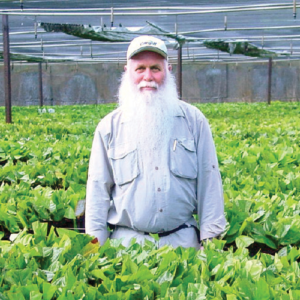Stunting, Caused by Chronic Hunger and Malnutrition, is a Crime Against Humanity
Thirty seven percent of the children under the age of 5 in rural Africa are stunted due to chronic hunger and malnutrition. Improving the nutrition of the fundamental food system of Africa, which has not been studied by science, and the translation to scale are crucial to eradicating stunting.
The African Orphan Crop Consortium (AOCC) is an uncommon collaboration which includes the African Union Commission (AUC) and African governments (through NEPAD), international organizations (FAO, UNICEF), companies (Illumina, Google, Mars), scientific bodies and civil society organizations working to improve the nutritional values of the food crops that 600 million rural Africans depend on.
The AOCC hopes by the end of 2019 to have sequenced the genomes of 101 crops. Its third class of African plant scientists will graduate in 2018 from its African Plant Breeding Academy (AfPBA) led by UC Davis, in Nairobi, hosted by the World Agroforestry Centre. These scientists are trained at no cost to them on the world’s best equipment to re-sequence the genomes, breed more nutritious and resilient varieties for African farming families. Graduating scientists have returned to their home countries to establish national and regional orphan crops consortia. Currently there are 81 breeding programs in place. What has to happen to make sure we go from discovery to translation to scale?
Presented by:
Howard-Yana Shapiro, Ph.D.

Chief Agricultural Officer at Mars, Incorporated; Senior Fellow in the Department of Plant Sciences College of Agriculture and Environmental Sciences, University of California, Davis
No slides availableNavigate the Site
2025 GoldLab Symposium
Save the date!
Please join on May 15-16, 2025Presenters In The News
Contact Info










